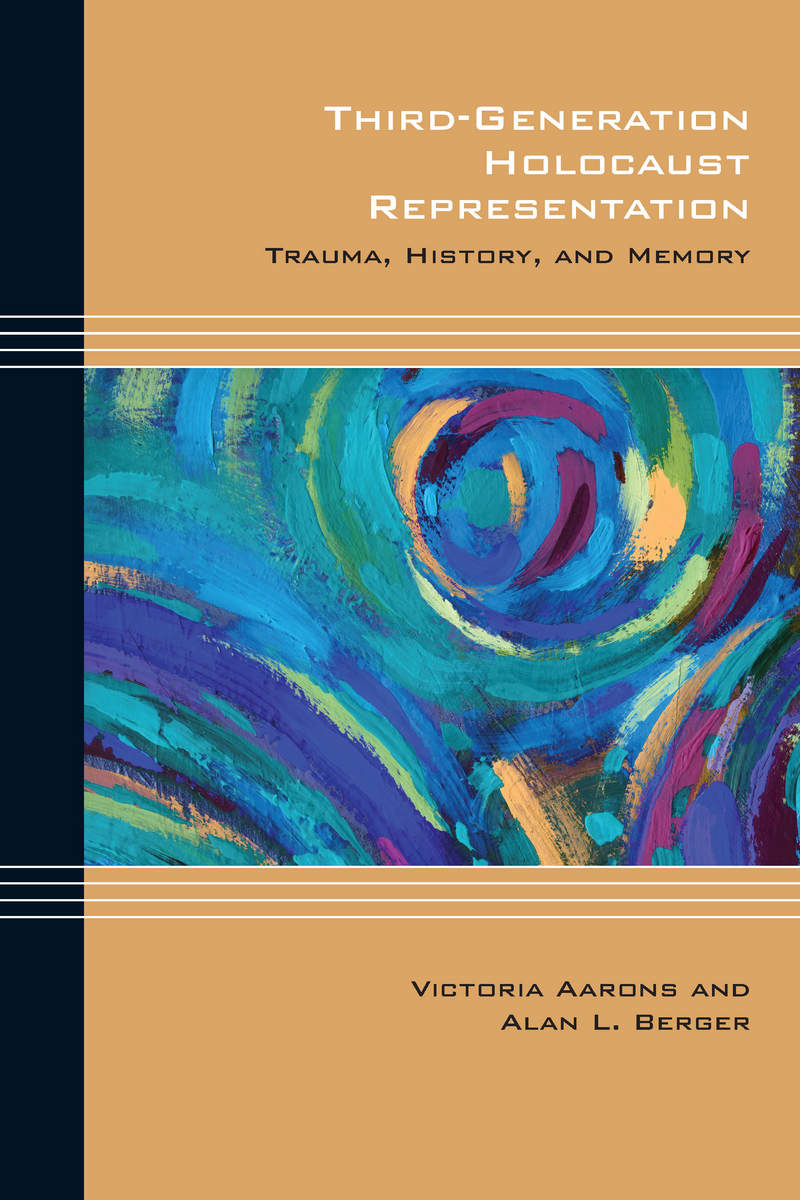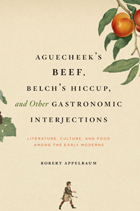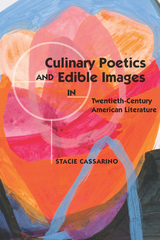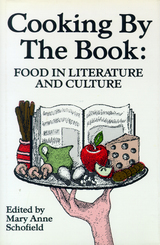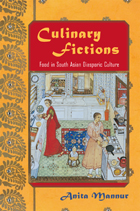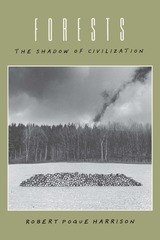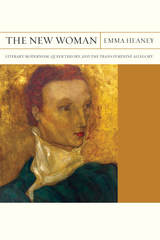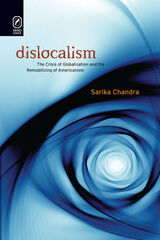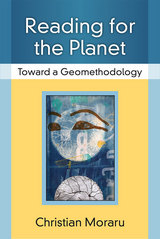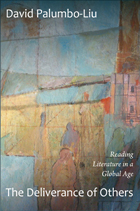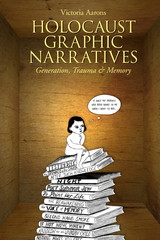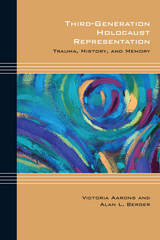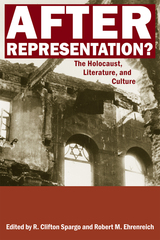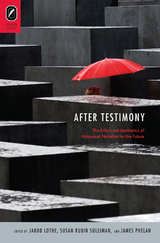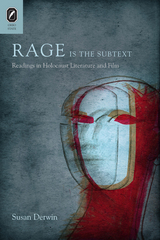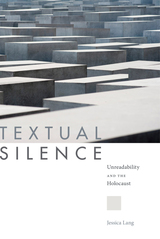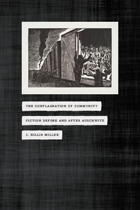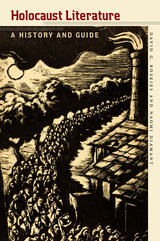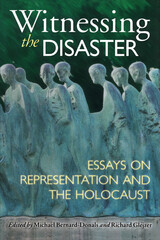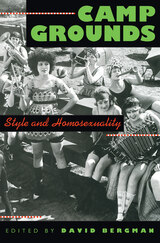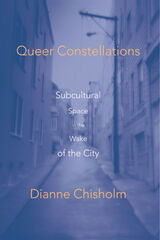Third-Generation Holocaust Representation: Trauma, History, and Memory
Northwestern University Press, 2017
eISBN: 978-0-8101-3411-9 | Paper: 978-0-8101-3409-6 | Cloth: 978-0-8101-3410-2
Library of Congress Classification PN56.H55A24 2017
Dewey Decimal Classification 809.93358405318
eISBN: 978-0-8101-3411-9 | Paper: 978-0-8101-3409-6 | Cloth: 978-0-8101-3410-2
Library of Congress Classification PN56.H55A24 2017
Dewey Decimal Classification 809.93358405318
ABOUT THIS BOOK | AUTHOR BIOGRAPHY | REVIEWS | TOC | REQUEST ACCESSIBLE FILE
ABOUT THIS BOOK
Victoria Aarons and Alan L. Berger show that Holocaust literary representation has continued to flourish well into the twenty-first century—gaining increased momentum even as its perspective shifts, as a third generation adds its voice to the chorus of post-Holocaust writers. In negotiating the complex thematic imperatives and narrative conceits of the literature of third-generation writers, this bold new work examines those structures, tropes, patterns, ironies, disjunctions, and overall tensions that produce a literature that laments unrecoverable loss for a generation removed spatially and temporally from the extended trauma of the Holocaust. Aarons and Berger address evolving notions of “postmemory”; the intergenerational and ongoing transmission of trauma; issues of Jewish cultural identity; inherited memory; the psychological tensions of post-Holocaust Jewish identity; the characteristic tropes of memory and the personalized narrative voice; issues of generational dislocation and anxiety; the recurrent antagonisms of assimilation and historical alienation; the imaginative re-creation and reconstruction of the past; and the future of Holocaust memory and representation.
See other books on: Holocaust, Jewish (1939-1945) | Holocaust, Jewish (1939-1945), in literature | Literature, Modern | Memory in literature | Trauma
See other titles from Northwestern University Press
